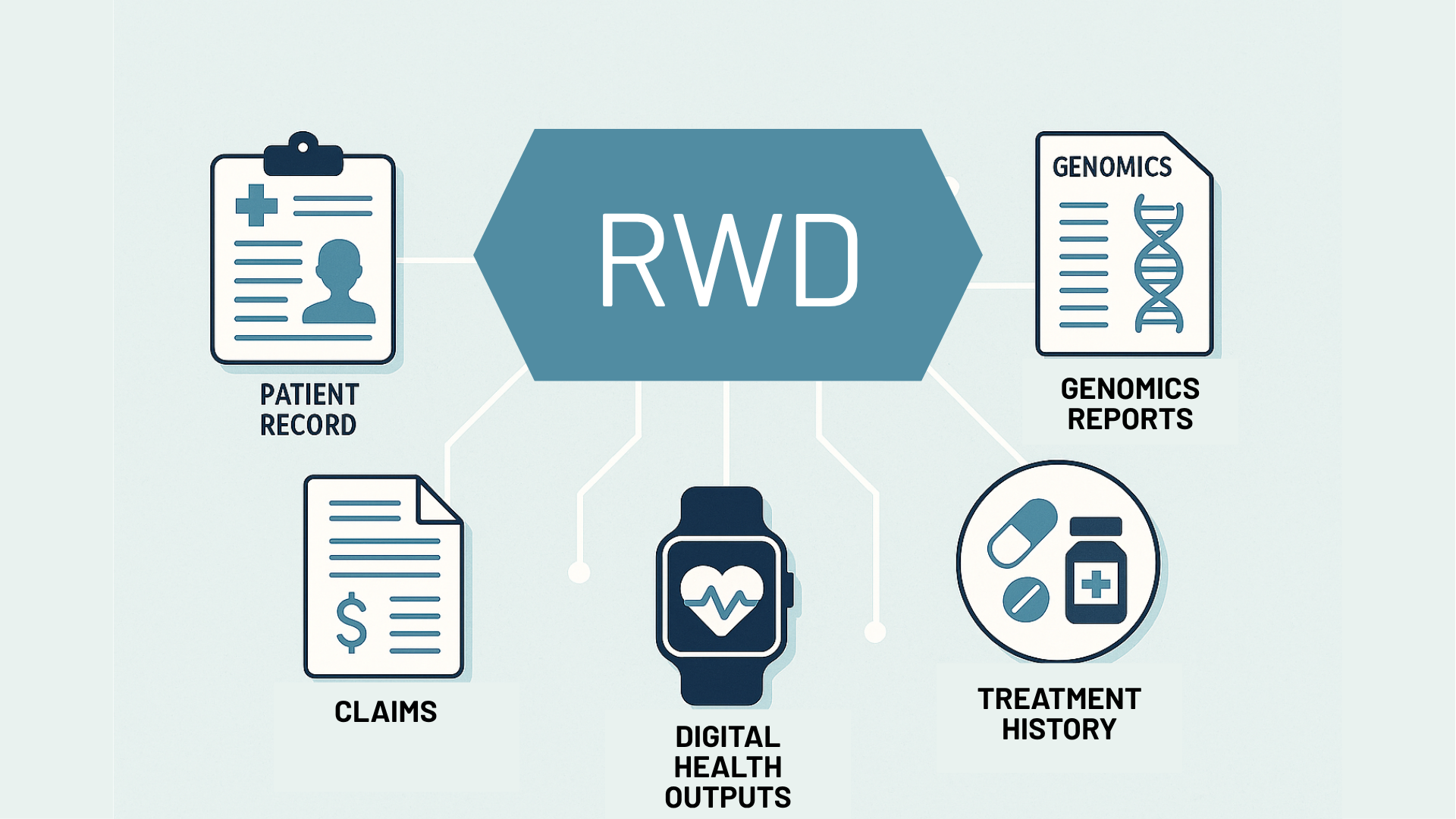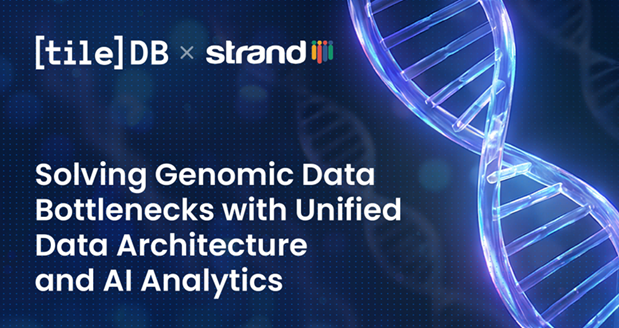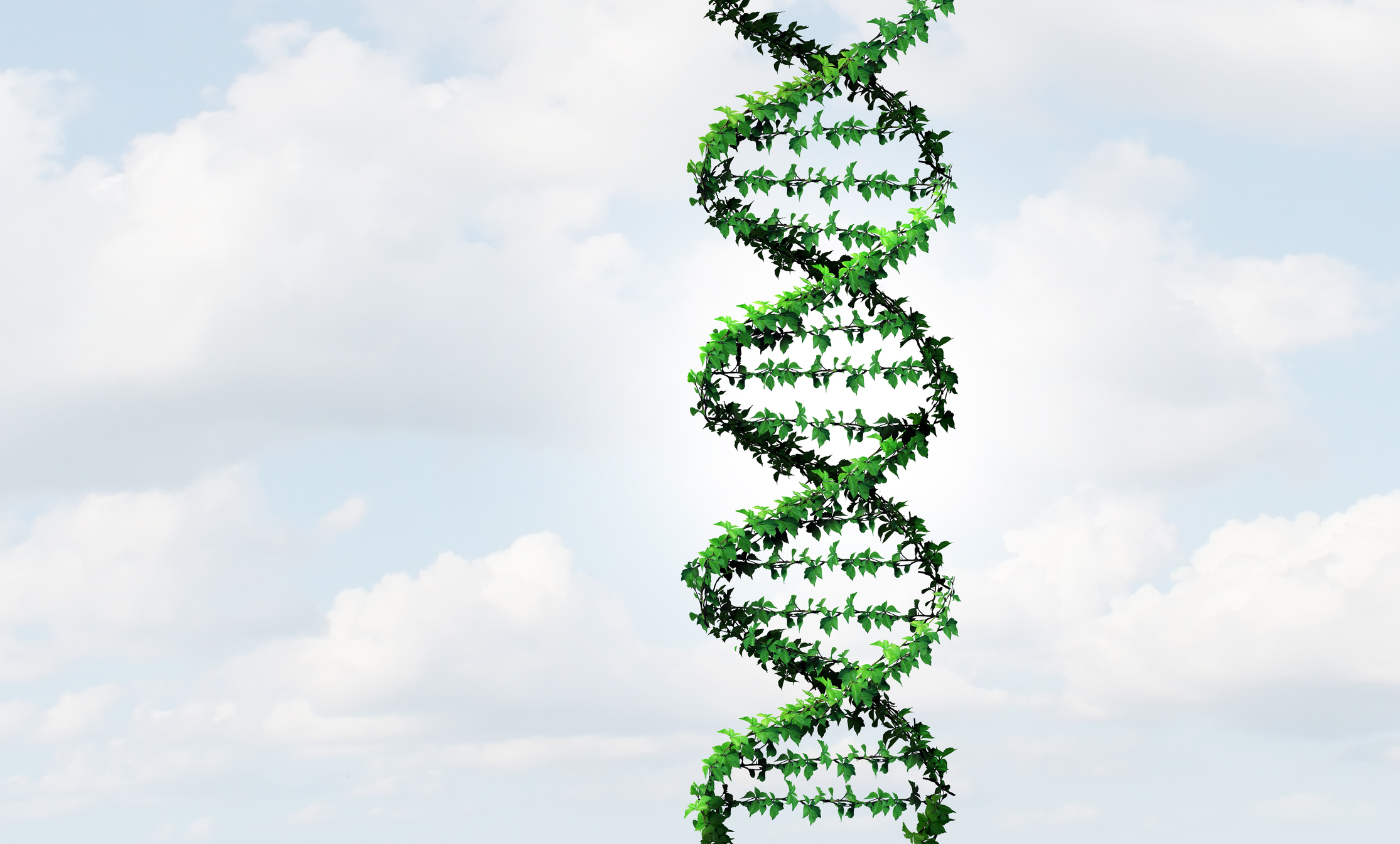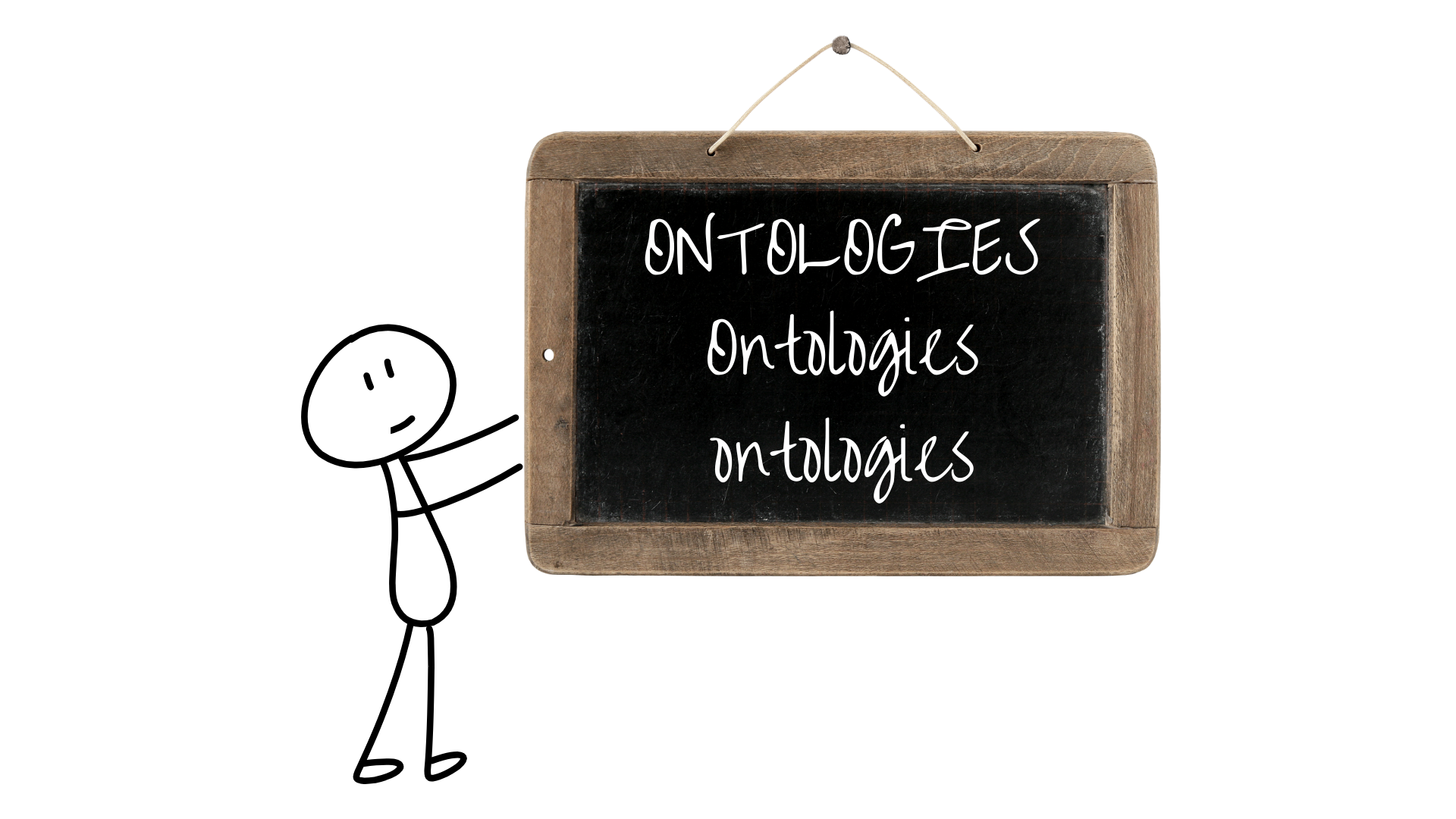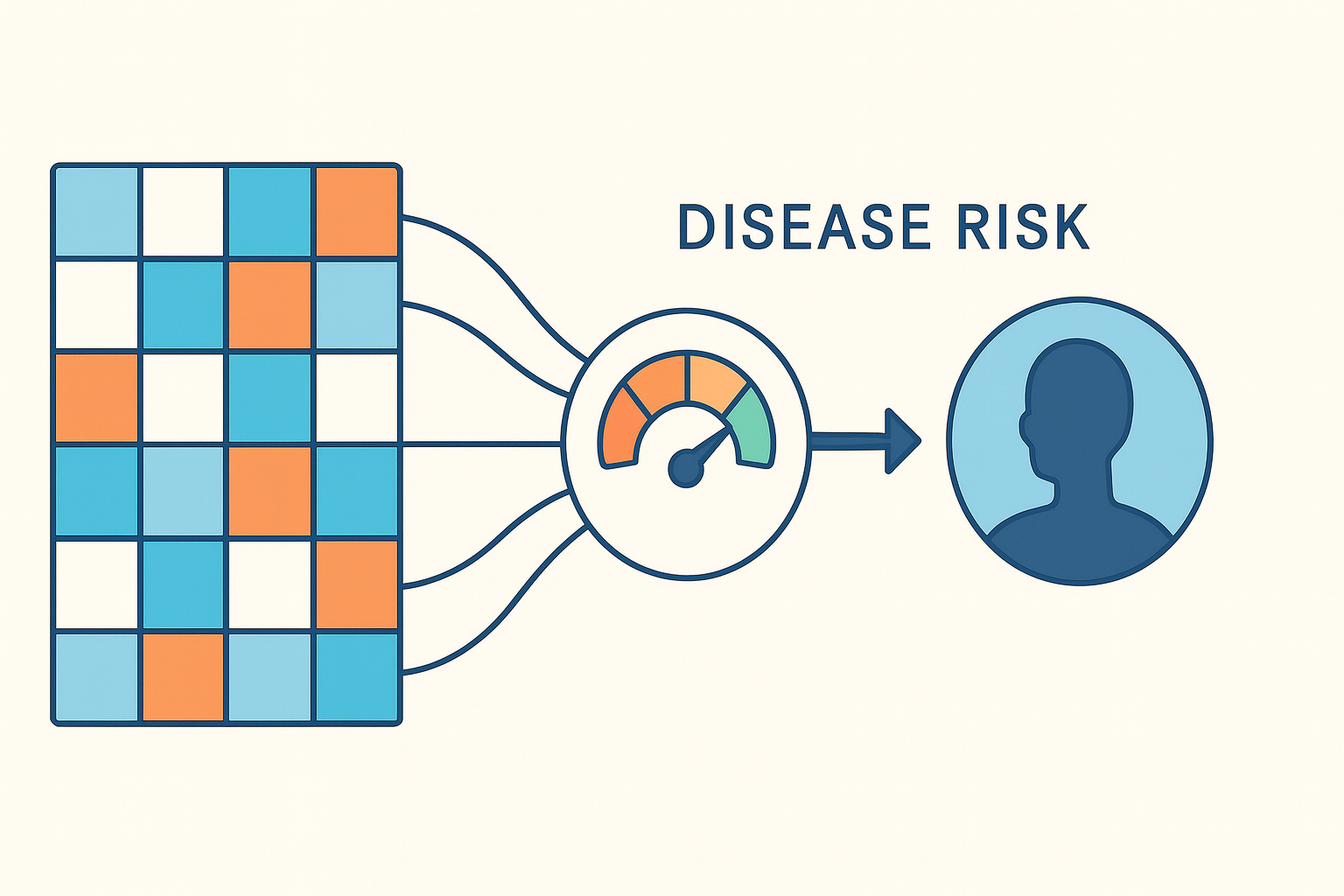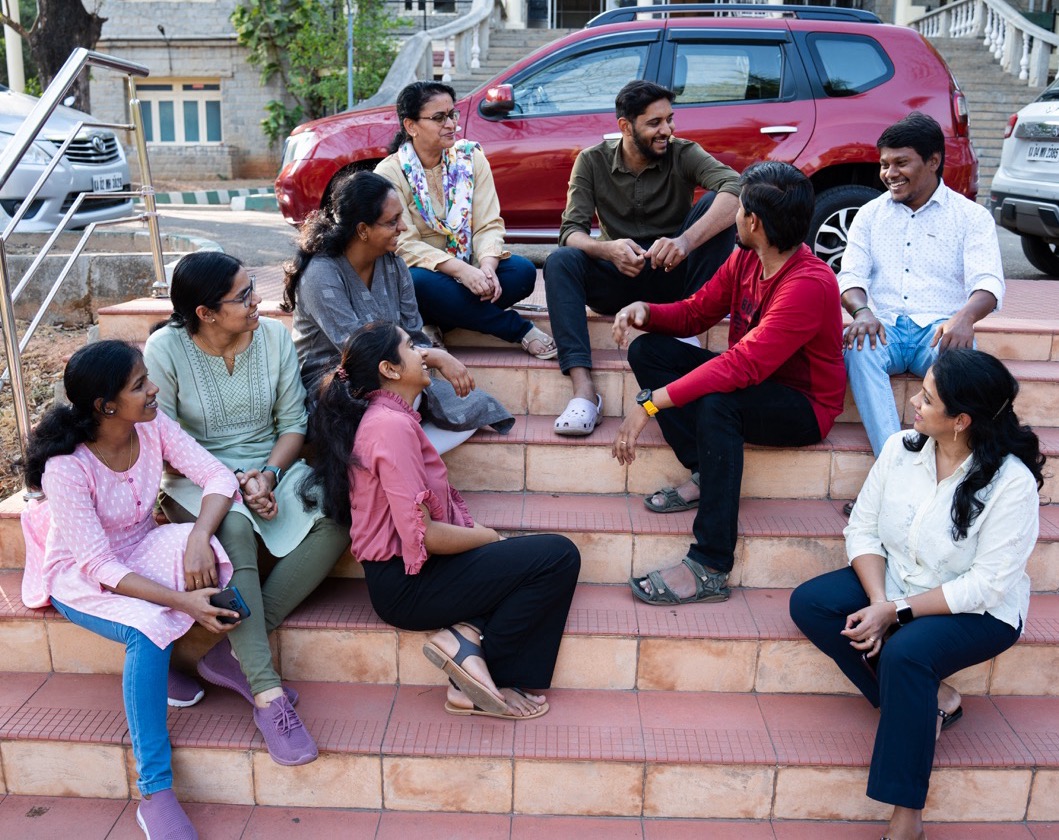In the field of biomedical research, real-world data (RWD) refers to clinical information collected outside of controlled clinical trials. This includes patient records, genomics reports, treatment histories, claims data, and digital health outputs. As regulatory bodies, clinicians, and researchers seek to better understand therapeutic effectiveness in real-world settings, RWD has emerged as a key driver of innovation in healthcare.
At Strand Life Sciences, we help transform structured and unstructured clinical and genomic RWD to actionable insights. Our transformation capabilities range from data ingestion and harmonization to advanced analytics and AI-powered curation, allowing researchers to confidently leverage real-world evidence to investigate a wide range of impactful questions.
Real-World Insights From Curated Datasets
The transformation of real-world data into curated and harmonized datasets has allowed the exploration of real-world treatment effects, survival outcomes based on biomarker status, and disease heterogeneity across patient cohorts.
In a recent study using the AACR Project GENIE non-small cell lung cancer (NSCLC) dataset, we validated the association between EGFR mutations and improved survival outcomes in stage IV lung cancer patients receiving tyrosine kinase inhibitors. Such analyses offer robust support for clinical hypotheses beyond traditional trial settings.
Curated, high-quality datasets are vital for extracting reliable insights from RWD, and Strand’s frameworks ensure that the clinical and molecular data are annotated and quality checked for consistency, completeness, and relevance. Our frameworks can integrate multimodal data — spanning various formats, experiment types, species, and other attributes — into analysis-ready datasets (Figure 1).
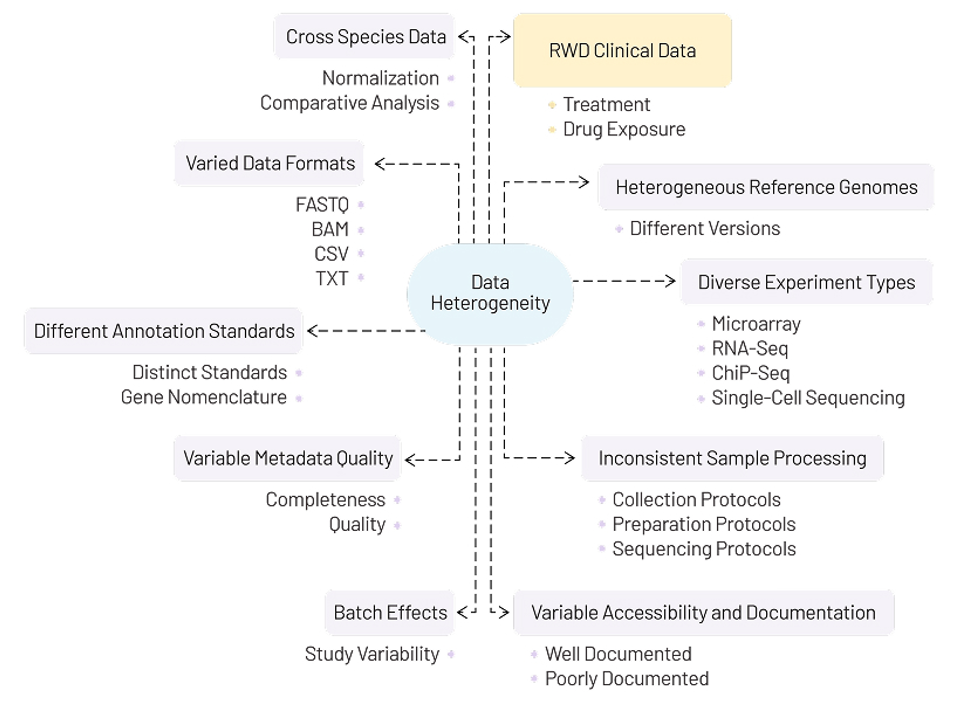
Precision Analytics for Patient Stratification
Additionally, we stratify patient cohorts using analytic pipelines that evaluate targeted outcomes based on clinicogenomic features, such as mutation profiles, treatment regimens, disease stages, and response biomarkers.
In another study using RWD, the scientists at Strand found that patients with both KRAS and TP53 mutations in early-stage NSCLC showed poorer survival outcomes, while immunotherapy remained equally effective in late-stage disease regardless of co-mutation status. These insights underscore the importance of RWD in refining patient stratification and optimizing treatment strategies for NSCLC.
Data Harmonization Framework
Although RWD holds the key to some critical insights, it is often fragmented, heterogeneous, and inconsistently formatted. Harmonizing these diverse data sources into a coherent structure is essential for generating credible evidence.
Strand’s data harmonization engine allows these varied and disparate inputs to be transformed into unified datasets through automated integration, mapping, and standardization processes, enabling streamlined comparisons across cohorts and timepoints. These harmonized and standardized datasets can support large-scale analytics and accelerate data-driven research by providing coded and standardized datasets for exploration and hypothesis testing.
Accelerating Curation and Harmonization
Manual data curation is time-intensive and prone to variability. To address these limitations, Strand has integrated LLMs into our curation and harmonization workflows. These models automate the extraction and standardization process, reducing turnaround time by 3x and substantially decreasing effort and error margins. By using AI to support human expertise, we also enable greater focus on gaining novel insights, improving overall productivity and research scalability.
Strand’s data processing and analytics framework offer a practical and efficient pathway to utilize RWD to gain real-world insights. By aligning structured and unstructured data into standardized formats, we help researchers unlock clinically relevant insights that support targeted treatment strategies and broader healthcare innovation. To know more about how Strand’s RWD harmonization can work for you, click here or write to us at [email protected].




